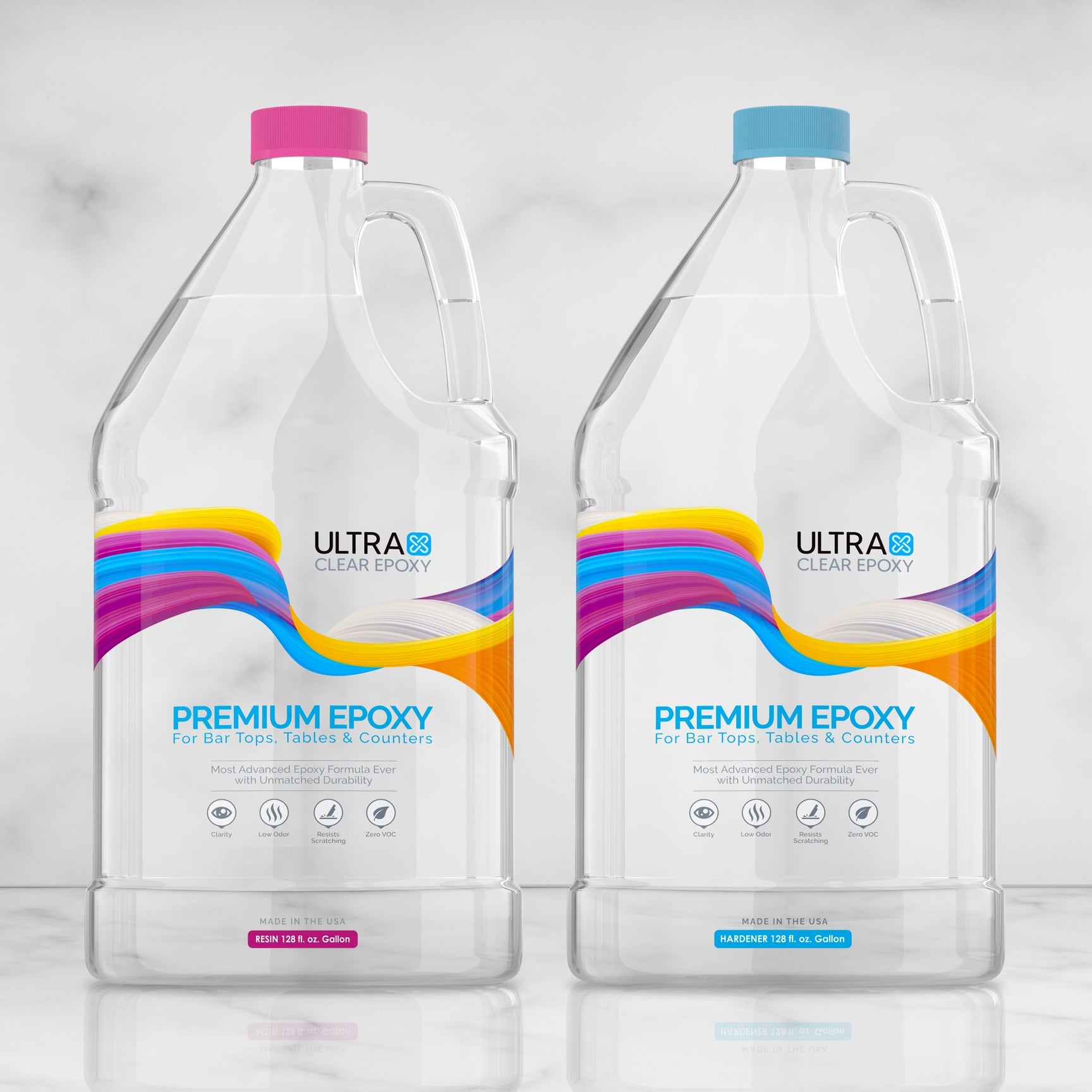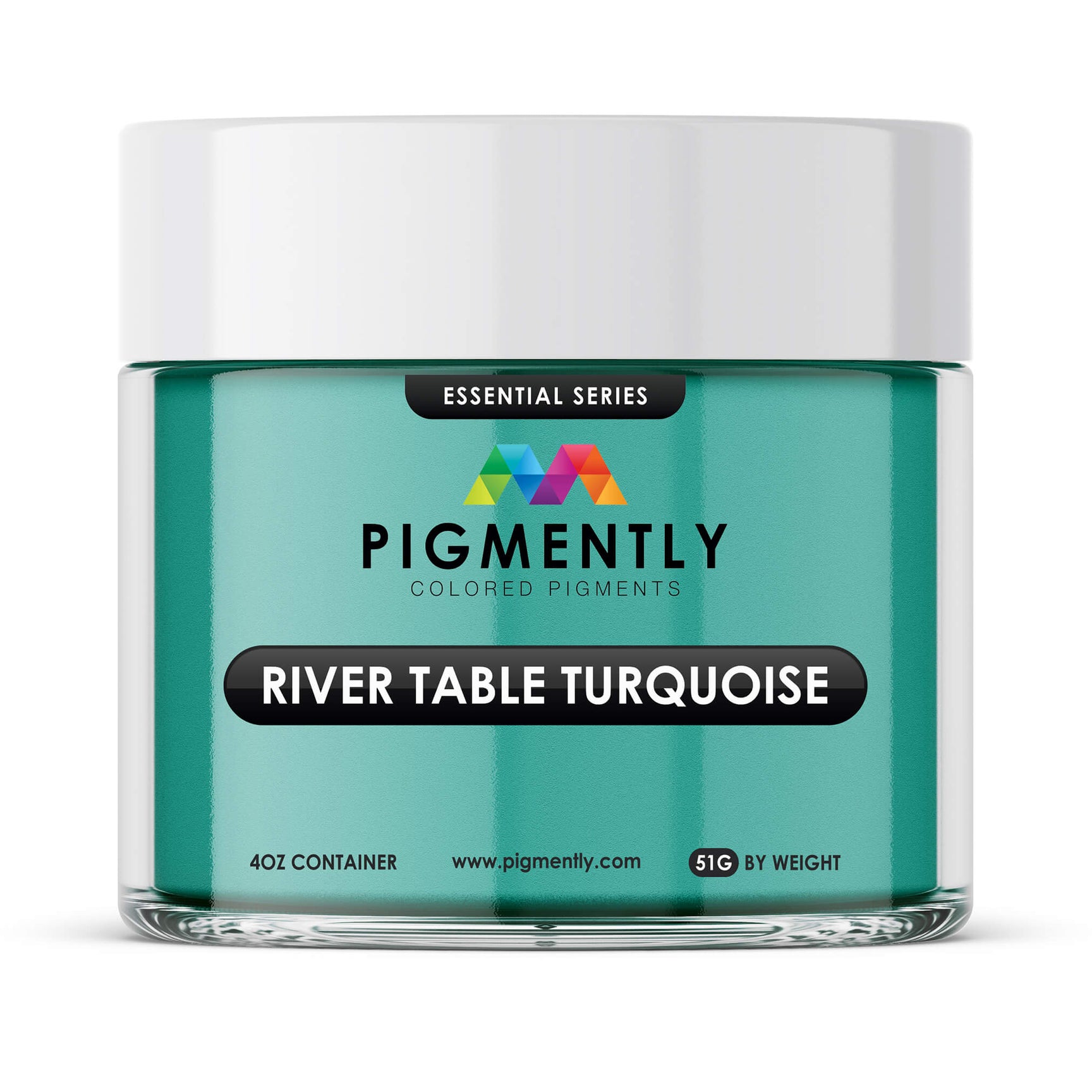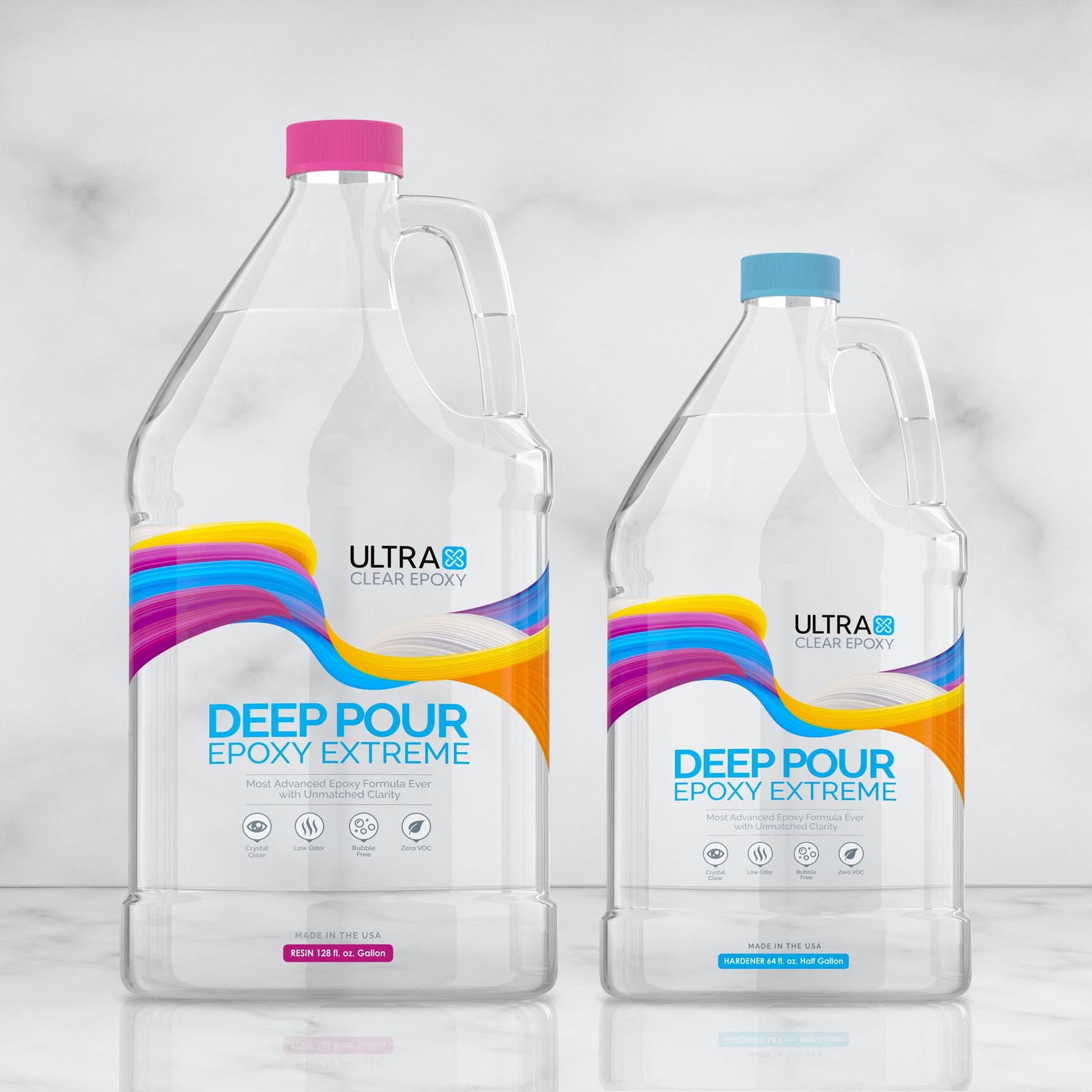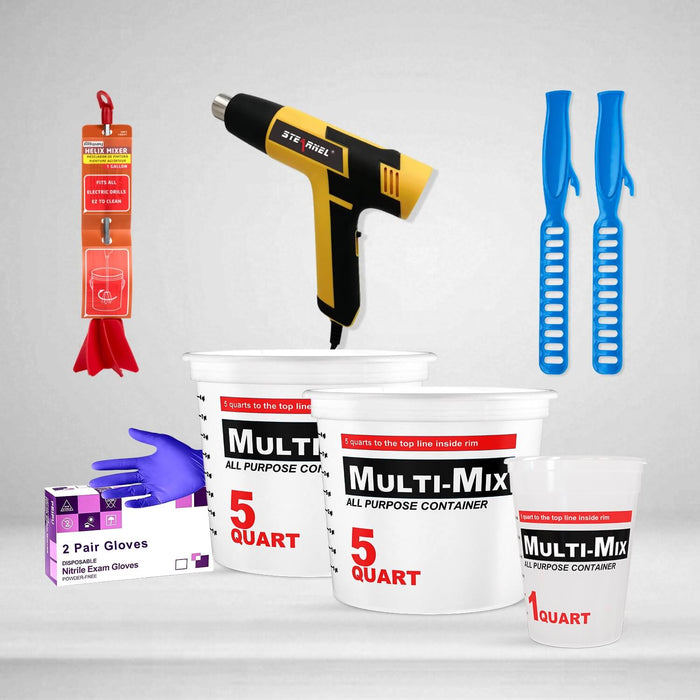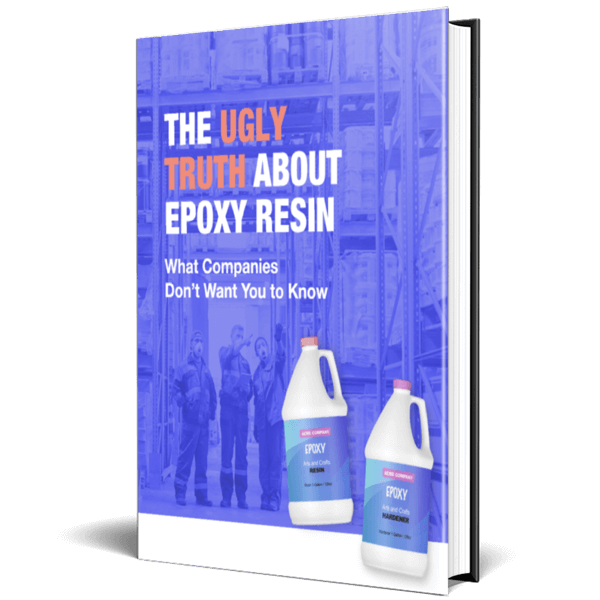Installing a bar top is a considerable endeavor. Because they tend to be larger than most other pieces of decor, they often take more effort, time, and money to bring to completion. Bar tops also serve as centerpieces for a room and are usually intended for frequent use, a place for friends or customers to relax and interact.
Because of those traits, it's important that each bar top has a good sealant, not only to preserve and protect it, but also to keep it looking fresh and aesthetically pleasing.
In this article, we'll cover several of the most common sealants and discuss what they're best at. Then we'll give our opinion on the best sealant for a bar top.
The different types of bar top sealants
Applying a sealant to your bar top is a necessary part of keeping it healthy and in good shape for a long period of time. The more use you expect it to get, the more robust a sealant you should use.
A great sealant will provide moisture resistance and protection from various types of damage such as scratching and denting, and it will preserve/enhance the natural appearance of the bar top's substrate material.
These days, several different types of sealants are commonly used for bar tops. These range from varnishes, oil sealants, polyurethanes, and bar top epoxy resins.
Here's a list of some top methods:
- Epoxy resin
- Lacquer varnish
- Hardwax oil
- Tung oil
- Polyurethane varnish
Let's examine these each, one-by-one.
Sealant #1: Epoxy resin
Epoxy resin is a two-part polymer that starts off as two separate liquid components—resin and hardener. When these components are combined, an exothermic chemical reaction occurs, and they begin to harden. When applied to a bar top (typically by pouring it), epoxy resin will self-level into a durable, ultra-smooth finish.
Epoxy resin is arguably the best choice for a bar top sealant. Its rock-solid surface—combined with its smooth, waterproof bonding and its crystal-clear, high-gloss transparency—gives it a longevity that is unmatched by other sealant types. Epoxy is also highly compatible with nearly all bar top materials.
Additionally, epoxy resin is easy to apply, and—once cured—likewise trivial to clean and maintain. It has mild heat resistance—more than enough for common use, but you wouldn't want to rest a hot frying pan directly on it.
However, epoxy resin has the highest upfront cost. You pay more early on to save considerably more money over time. This is because other sealants often need to be refreshed or reapplied on regular intervals, due to natural degradation or much lower resilience.
Epoxy resin, therefore, is what you choose when you want the best and are willing to pay a little more now to avoid tedious upkeep and maintenance costs later.
Sealant #2: Lacquer
Lacquers are typically sprayed onto a wooden surface as a way to provide moisture protection and scratch resistance. Normally, a pre-catalyzed lacquer is used, since they're easier to apply and provide solid protection.
Lacquer generates a high-gloss finish to the surface it's been used on. However, it also yellows over time, so if that's a significant concern you're hoping to avoid, you'll be better off going with a different choice.
Using lacquer can be a tricky process. The most common method of application is to spray it on, but because lacquer is toxic, it needs to be done carefully, with proper ventilation and protective gear.
When using lacquer, it's important to very carefully prepare the surface of your bar top. Lacquer is merciless when it comes to exposing flaws, and if your surface isn't smooth and well-sanded, it will showcase each of these imperfections.
Cost-wise, a good lacquer will be less than a good epoxy but will likely need to be reapplied now and then, and it will not provide as much protection. We consider this type of sealant as suited for low-traffic environments that are likely to see less use or be subject to gentle interactions.
Sealant #3: Hardwax oil
A hardwax oil, such as Osmo Polyx-Oil, is a great way to easily provide to your surface a medium level of protection from moisture and scratching. Hardwax oil keeps wooden surfaces looking natural, with a matte or satin finish, and without the "filmy" appearance produced by sealants like polyurethane.
Hardwax oils are generally easy to apply, even for beginners, though as always you should prepare your wooden surfaces with proper sanding. These oils are also relatively safe to use, emitting low VOCs during application, and zero VOCs once the solvents containing them have finally evaporated.
However, hardwax oil requires occasional reapplication. The time for this varies depending on how much use the surface being safeguarded is getting. If you choose to use a hardwax, be sure to take a close look at your bar top surface every now and then to see how it's holding up.
As for expenses, a good hardwax oil is relatively cheap as far as sealants go. You'll likely want multiple layers, but even then it doesn't get too pricy. Still, the true costs don't come into play unto you're having to reapply it once in a while.
So, if you'd prefer to avoid dealing with reapplications or long-term costs, hardwax oil may not be the right choice for you.
Sealant #4: Tung oil
The fourth option in this list is tung oil. Tung oil is used for its waterproofing properties and pleasing appearance, which doesn't continually darken over time like other oils do.
Tung oil gives wood a slightly darker, almost wet look. This deepens the colors of the wood and for many people makes them more visually gratifying.
However, tung oil is not nearly as durable or formidable at some of the other options in this list. It provides low physical protection at best and is not suitable for high-traffic surfaces like bar tops or table tops. Instead, because of how well it fares in high humidity and moisture, you're more likely to see a tung oil finish be applied to boats or other watercraft.
Cost-wise, tung oil is inexpensive—probably the cheapest option on our list—but it also provides the fewest benefits for a bar top.
Sealant #5: A polyurethane finish
Polyurethane is a polymer like epoxy, but one that goes on much thinner, allowing surfaces to retain some of their physical texture.
Strength-wise, polyurethane is the second strongest in this list, losing out only to epoxy resin. It can be buffed and polished like epoxy, and provides a hard surface for protection.
Downsides to polyurethane include a weaker bond that can come loose over time, and a tendency to yellow gradually.
As for settings, polyurethane should only be applied to surfaces that will remain indoors. Use of polyurethane on outdoor bar tops is not a good idea, due to its susceptibility to inclement weather, moisture, and humidity, as well as UV rays from the sun (direct or indirect). Recently, some companies began offering UV-stable variants of polyurethane, which can handle sunlight better, but these are still not suited for outdoor weather because of the other listed reasons.
What is the best sealant for a bar top?
Having examined the 5 top sealant choices for bar tops, we can now determine what is the best sealant in most cases.
Perhaps unsurprisingly, epoxy resin takes the win here. Though it has a higher upfront cost than the other options, an epoxy resin bar top finish will provide greater longevity, stronger protection, and a beautiful, crystal-clear finish—a combination that can't be matched by any other choice.
Using a premium bar top epoxy will get you the best results and save you the most time and money in the long term.
With UltraClear Bar Top Epoxy, you get:
- A pristine, crystal-clear finish.
- Hyper-durable epoxy protection.
- Extensive waterproofing.
- Low-maintenance, easy-to-clean surfaces with minimal upkeep.
Come visit our Bar Top Epoxy page, where you can learn more and conveniently place an order for the amount you need!
Have questions? Want advice? Contact us!
At UltraClear Epoxy, we pride ourselves on providing the best in customer service and premium-grade epoxy resins.
If you have any questions about choosing the right sealant for a bar top, or if you'd like help planning a project of your own, please reach out to us. Our epoxy experts are ready to assist!
You can contact us via phone or email here. During business hours, you can also text chat online with one of our resin specialists by clicking the Help button at the bottom right of your screen.
You can also check out our award-winning UltraClear Table Top Epoxy, which is unmatched in quality. The more you need, the more you'll save!




